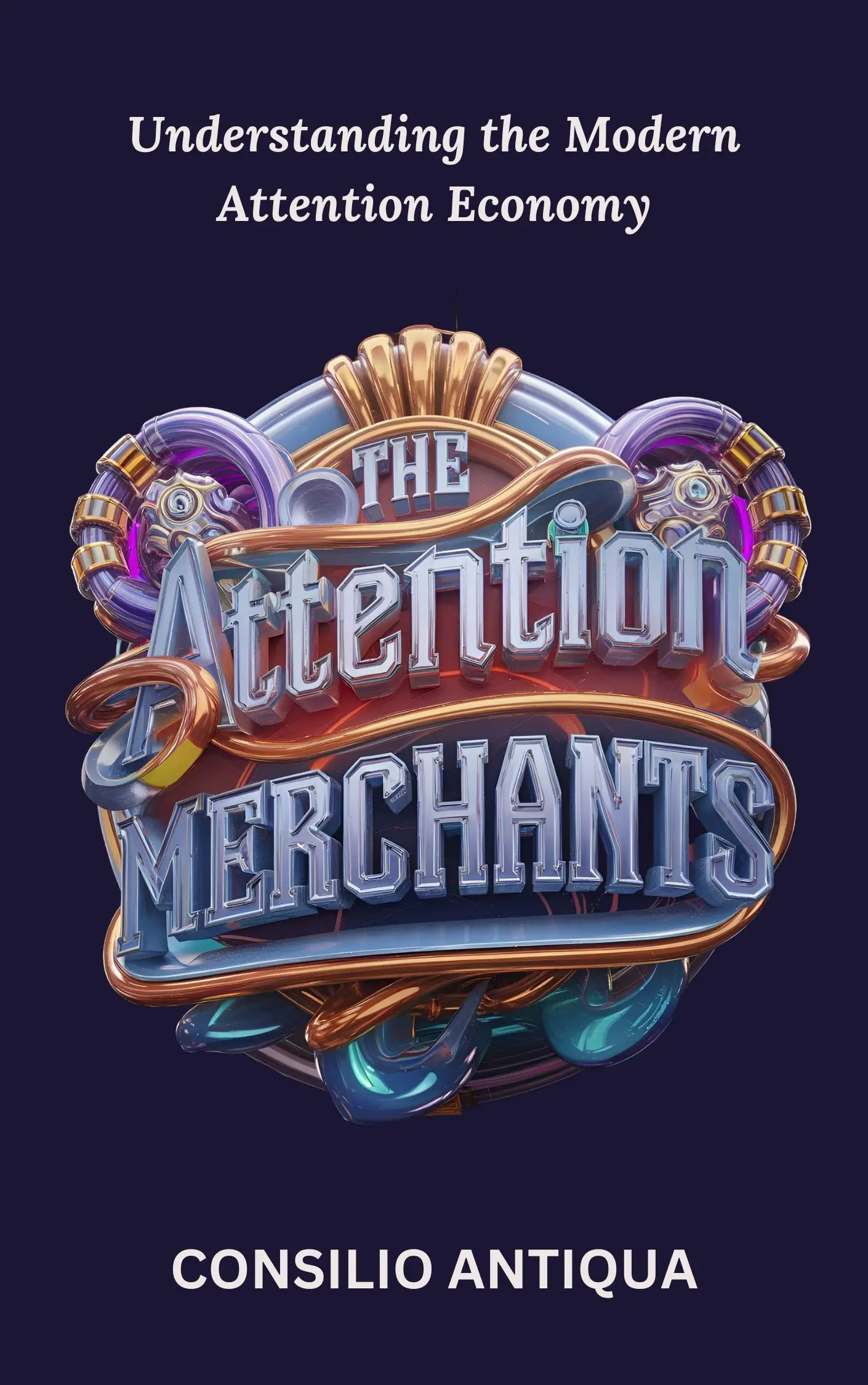
The Attention Merchants | Chapter 16. Educational Implications of the Attention Economy
Chapter 16. Educational Implications of the Attention Economy
Imagine a high school classroom. Ms. Johnson, a seasoned history teacher, is passionately explaining the causes of the French Revolution. But instead of attentive faces, she sees a sea of bowed heads, illuminated by the blue glow of smartphones. A few students are diligently taking notes, but most are scrolling through social media, messaging friends, or playing games. This scene, unfortunately, is becoming increasingly common in schools across the globe. It illustrates a core challenge of the modern educational landscape: the battle for attention in a world dominated by digital distractions.
The attention economy, simply put, is the competition for our limited focus. In this economy, our attention is the valuable commodity, and companies, advertisers, and even social media influencers are constantly vying for a piece of it. For educators, this means competing with a barrage of notifications, entertaining videos, and instant gratification that can easily pull students away from learning.
The consequences of this constant distraction can be significant. Studies have shown that students who frequently multitask during class perform worse academically. They have difficulty retaining information, engaging in deep thinking, and developing critical analysis skills. Think about it – have you ever tried to study for a test while simultaneously watching TV or scrolling through your phone? It's nearly impossible to truly absorb the material when your attention is divided.
The challenges extend beyond individual students. Teachers are finding it increasingly difficult to capture and maintain students' attention. Traditional lectures and textbook readings often fail to compete with the stimulating nature of digital media. Educators are now tasked with not only teaching their subject matter but also with finding creative ways to engage students in a world where their attention is constantly being pulled in different directions.
However, it's not all doom and gloom. Technology, while posing a significant challenge, also presents incredible opportunities for education. Think of interactive simulations that bring historical events to life, educational games that make learning fun and engaging, or online platforms that allow students to learn at their own pace and receive personalized feedback. These tools, when used effectively, can transform the learning experience.
The key lies in finding a balance. We need to equip students with the skills to navigate the digital world responsibly and to understand the tactics used to capture their attention. This means teaching digital literacy – the ability to critically evaluate information, understand the persuasive techniques used online, and manage one's own digital consumption. Just as we teach students to analyze literature or solve math problems, we need to teach them to be discerning consumers of digital content.
Imagine a classroom where students are not just passive recipients of information but active participants in their learning. They use technology to research topics, collaborate on projects, and create their own digital content. They understand the power of technology and use it to enhance their learning, not detract from it. This is the vision of education in the digital age – a balanced approach that recognizes both the challenges and the opportunities that technology presents.
The future of education depends on our ability to adapt to this new reality. We need to equip both students and educators with the tools and strategies to thrive in the attention economy. This means fostering digital literacy, embracing innovative teaching methods, and creating learning environments that promote focused attention while also harnessing the power of technology. The challenge is great, but the potential rewards are even greater. By understanding the forces at play in the attention economy, we can empower the next generation to become not just consumers of information, but critical thinkers, creators, and innovators who can shape the future.
